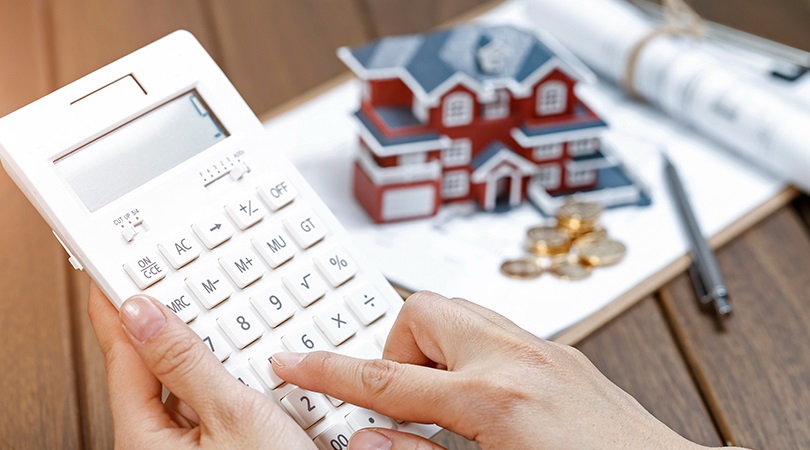You already know how important it is to maintain homeowners insurance on your home. While you hope to never have to use this insurance, you always want to have enough coverage in case you do need it in the event your home is damaged or even worse, destroyed. But what you might not realize is that it’s possible to be over-insured on your home. These days when every penny counts, if you’re over-insured, then you are also paying too much to insure your home. And this means you are throwing money away on insurance premiums that are higher than they should be.
Are you over-insured on your home? Here are some things to look for when evaluating your homeowners policy.
Review Your Coverage Each Year
This seems simple enough, but many people just blindly pay their homeowners insurance year after year without reviewing their coverage. There could be errors in your level of coverage or you could be paying for things you just might not need. Just as you wouldn’t pay for hurricane coverage in the mid-west, there could be things covered on your policy that you would never need.
One thing to look for when reviewing your coverage is whether your policy includes an inflation-adjustment rider that raises your premium to accommodate rising costs to replace your home. Check to see what the average cost is per square-foot to build a home in your local area and compare that to how much this rider is estimating your costs to be.
Be Aware of Fluctuating Values
Market values of homes, actual cash values, and replacement costs can fluctuate from year to year. A local realtor can provide you with a realistic idea of how much your home is actually worth. Checking with local builders to get an accurate idea of how much it would cost per square foot to replace your home. This can give you a realistic picture of how much insurance you should have for replacement costs so that you are not over-insured on your home.
Know What Exactly You Are Insuring
Make sure that you are only insuring your home and not the land that it is sitting on. Your home is what is at risk from perils like fire, windstorms, theft and other potential catastrophes. Your land can recover from a fire or storm damage, while a damaged home will need repairs or replacement to put it back into livable condition. Don’t include the value of your land into the value of replacing or repairing your home.
While it could be possible that you are over-insured on your home, you need to always make sure that you aren’t under-insured either. Take time to work with an insurance professional to determine how much coverage you need.
You may also be interested in:
Does Home Insurance Cover Flooding?
Should I file a claim on my home insurance or not?
We’re building amazing technology that will simplify insurance shopping. Want to learn more – Click Here and let us know!
Want more tips like this? Join the Chrinco.com community and follow us as we not only provide insurance tips to consumers but also are developing a new way to shop for insurance. Join the journey that we believe will change an industry. Chrinco.com – Insurance Simplified.


